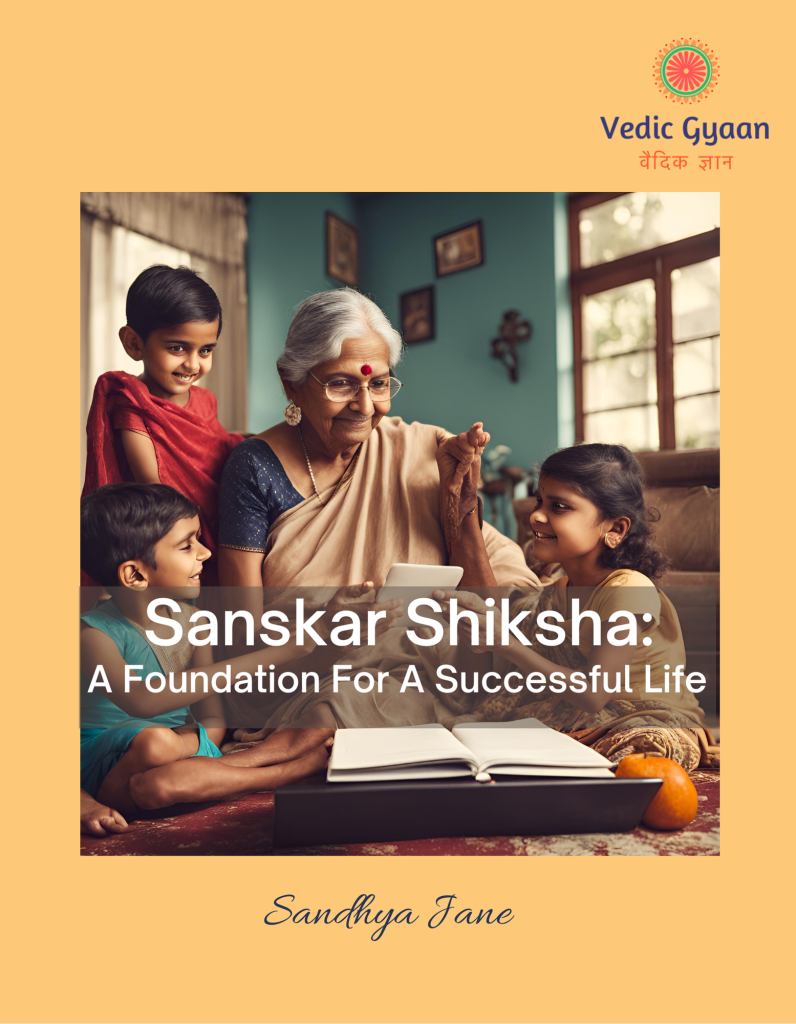In Indian society, there exists an unspoken sociocultural norm that discourages the use of first names when addressing elders, a practice that was especially prominent until the last decade. Instead, our relationships guided how we referred to others, employing terms such as ‘didi’ for elder sister, ‘bhabi’ (Ji) for elder sister-in-law, or ‘Aunty (Ji)’, which extended even to acquaintances outside the home. In professional contexts, titles like ‘Sir’, ‘Mr.’, ‘Ma’am’, or ‘Mrs.’ were commonly used.
However, this tradition has slowly faded, particularly in workplace settings. Elders have started to adopt a more youthful persona, often saying, “Please call me by my first name” or “Oh, don’t call me ‘bhabi’.” Meanwhile, younger generations have found this change appealing. Unfortunately, many have adopted these new practices without considering individual preferences, neglecting the traditional ways.
Historically, our culture had numerous scientific justifications for these practices. Contemporary relationship science indicates that the way we address others aligns our ‘thinking’, ‘feeling’, and ‘speech’ with the nature of the relationship (with ‘didi’ being closer in meaning to ‘bhabi’). This alignment promotes ‘harmony’, ‘respect’, and ‘love’ within our interactions. Until the 1980s, most people adhered to this practice and encouraged their children to do likewise. Nowadays, however, ‘modern’ parents often choose not to follow or impart these traditions, leading to the expectation that children will automatically respect their elders. But is that truly realistic?
Imagine if we, as parents, set an example by refraining from using first names when addressing elders unless explicitly requested to do so. Aging is a privilege, and we should embrace it gracefully, receiving respect from younger generations while also reciprocating that respect with love. To the younger generation, remember that honoring others does not diminish your ‘self-respect’; in fact, it enhances it.
This viewpoint is not based on outdated thinking but is instead supported by various modern psychological and behavioral theories. It is also discussed in transaction analysis concerning the concept of ‘social ego’ by renowned U.S. psychiatrist Eric Berne, among others.
– Sandhya Jane #sandhyajane #indianculture #respect #india #culture

